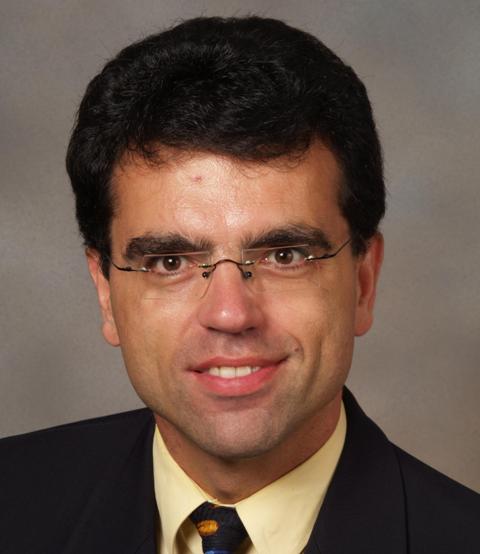SBCARS - Keynotes
International Keynote 1

Invited speaker: Charles W. Krueger (BigLever Software, USA)
Short bio: With more than 25 years of software engineering experience, Dr. Charles Krueger is a thought leader in the SPL field and moderator for the SoftwareProductLines.com website. See more details...
Date: Monday (Sep 26, 2011)Time: 9:00 - 10:30
Abstract: The idea of reusing systems and software engineering assets – such as requirements, designs, source code and test cases – has long been the leading candidate for discontinuous improvements in engineering efficiency and quality. This was true in 1968 when Douglas McIlroy first introduced the idea of reusable software components and continues to be true today as the field of Systems and Software Product Line Engineering is focused on lucrative opportunities for reuse within a family of similar products or systems.
Reuse in concept is simple, clear and powerful. Reuse in practice, however, has been messy, muddled and anemic. The problem is, the things about reuse that seem obvious don’t work, and the things about reuse that work aren’t obvious. This contrast in reuse perspectives can be succinctly stated as: Reuse is an Event, Sharing is a Journey. A clear lesson learned over the last four decades is that successful approaches to reuse are not based on reuse events experienced in isolation, but rather on an odyssey of sharing that is embarked upon with others over time.
International Keynote 2

Invited speaker: Klaus Schmid (University of Hildesheim, Germany)
Short bio: Prof. Dr. Klaus Schmid is professor of software engineering at the University of Hildesheim where he leads the Software Systems Engineering group. He is active in the area of Product Line Engineering since... See more details...
Date: Tuesday (Sep 27, 2011)Time: 16:30 - 18:00
Abstract: Software product lines came about as an approach to leverage large-scale reuse. In many companies this approach has shown its capabilities to achieve this goal. Over the last decade service-orientation has made similar promises, focussing on the flexibility of resulting infrastructures and the reusability of services across applications and organizations. Despite their strong similarities in the goals, the approaches are conceptually strongly different.
These differences provide an arena for various combinations which can achieve more than either of the approaches alone. We will discuss some of these possibilities and outline the avenues for future research they lead to.


